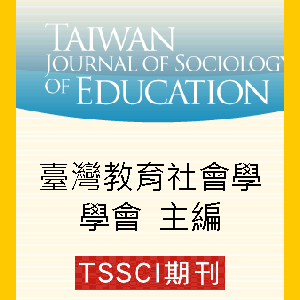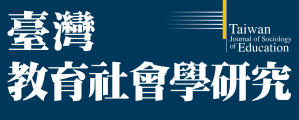| 篇名 | |
|---|---|
| 並列篇名 | A Study of the Validity of the Cultural Capital Theory in Taiwan: Changes in the Correlation Between Cultural Tastes, Education, and Social Class |
| 作者 | 莊致嘉、游騰林 |
| 中文摘要 | 自Bourdieu的《秀異》一書問世,文化品味作為區辨社會群體的指標格外受到關注,但Bourdieu強調社會群體的階級與文化品味之間具有單一對應的觀點並不符合西方社會的文化消費模式。本研究使用1997年和2007年施測的「臺灣地區社會變遷基本調查」,探討Bourdieu的秀異觀點在臺灣的有效性。研究發現文化雜食是1997年和2007年主要的文化消費行為特質,高階層者屬於多元文化品味的雜食類型,低階層者的文化偏好則是較為單一性的純食型態,同時也發現文化品味從雜食性轉向個人化消費型態的變遷。此外,文化活動具有多面向的特質,也會隨著時間而有時代意義的變遷;影響文化品味最主要的因素是個人的教育,客觀階級位置的重要性次之。 |
| 英文摘要 | Since the publication of Distinction by Pierre Bourdieu in 1984, the idea of using cultural tastes as the standard for differentiating social groups has drawn much attention. This study utilizes data collected from the Taiwan Social Change Survey conducted in 1997 and 2007, in order to explore the validity of the views proposed by Bourdieu in Distinction. The study found that the phenomenon of cultural omnivorousness was the main characteristic of cultural consumption behavior in both 1997 and 2007. Not only did cultural omnivores display broadness of tastes, their tastes also exhibited differentiating effects across different social classes. The study also found that there is a trend among omnivores toward a more individualized consumption pattern. In addition, cultural activities are multi-faceted, and will undergo historical changes over time. The major factor that affects cultural tastes is an individual’s education level, with the secondary factor being their objective class. |
| 起訖頁 | 039-087 |
| 關鍵詞 | 文化資本、文化品味、雜食、秀異、階級再製、cultural capital、cultural tastes、omnivorousness、distinction、class reproduction |
| 刊名 | 臺灣教育社會學研究 |
| 期數 | 201606 (16:1期) |
| 出版單位 | 臺灣教育社會學學會 |
| DOI | 10.3966/168020042016061601002 複製DOI |
| 該期刊-上一篇 | 臺灣教育擴充與教育機會不均等性之關聯 |
| 該期刊-下一篇 | 分散式領導與民主學習社群之建構:社區大學創新計畫的行動研究 |








